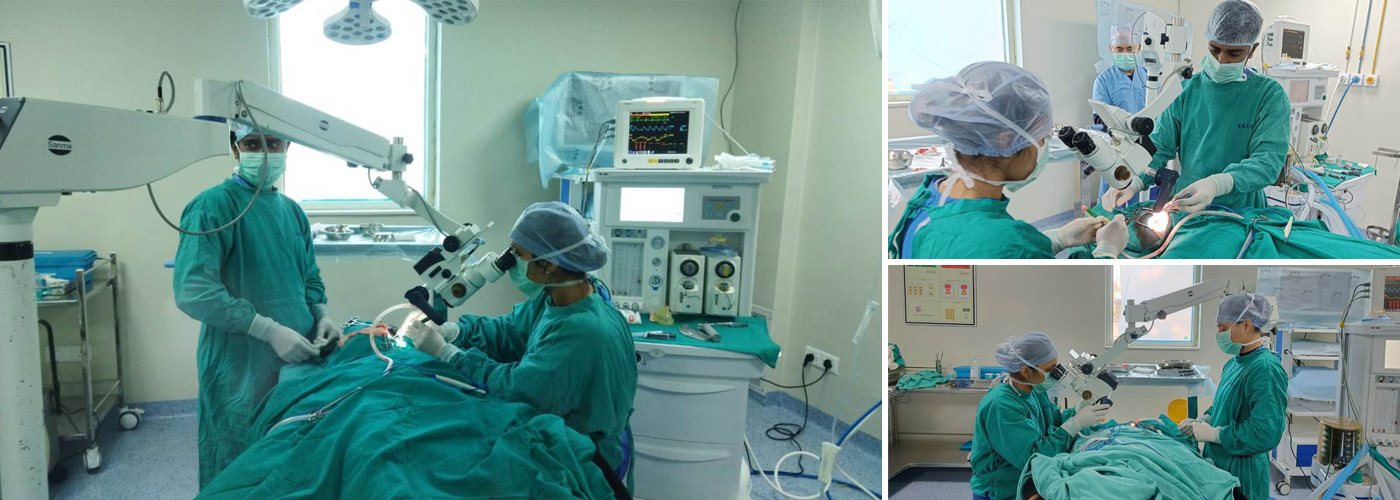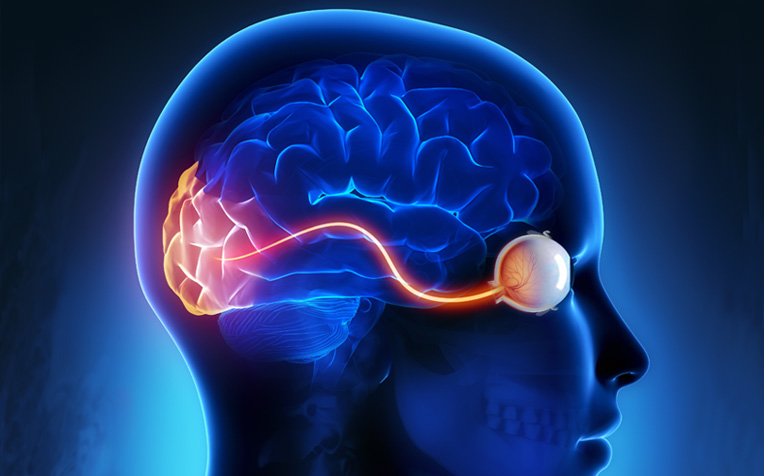DEPARTMENT OF NEURO OPHTHALMOLOGY


What is Neuro-Ophthalmology?
Neuro-ophthalmology Even with a perfectly normal pair of eyes you can be blind if your optic nerve or brain is damaged!
Neuro-ophthalmology is a subspecialty of ophthalmology that deals with diseases ailing the optic nerves, centre of vision in the brain and the nerves controlling eye muscles. In this era of diabetes and hypertension epidemics, the risk of an attack on nerves of vision are as frequent as a heart attack or stroke. The irreversibility of such damages and its possible consequences, as grave as total blindness, adds to the necessity of prompt management of such situations by a specialist.
Symptoms of Neuro-ophthalmology:
- Sudden decrease or loss of vision
- Sudden transient loss of vision (called transient ischemic attack or eye stroke)
- Visual hallucinations
- Double vision or diplopia
- Intractable headaches
- Pupillary abnormalities (sluggish reaction, the difference in size of the pupils)
- Sudden onset of difficulties in identifying colors
- Inability to tolerate bright light
- Visual Field Defects
- Squint or strabismus (especially adult onset)
Causes of Neuro-ophthalmology:
- Infections
- Autoimmune diseases
- Medications
- Cardiovascular disease
- Traumatic brain injury
- Tumors and other obstructions
Neuro-ophthalmologic diseases can be diagnosed by your ophthalmologist, or you may receive a referral to a neuro-ophthalmologist. Both ophthalmologists and neurologists can train to be neuro-ophthalmologists. Your diagnosis will begin with a thorough medical history and a routine eye exam where your vision, color perception and peripheral vision are tested.


